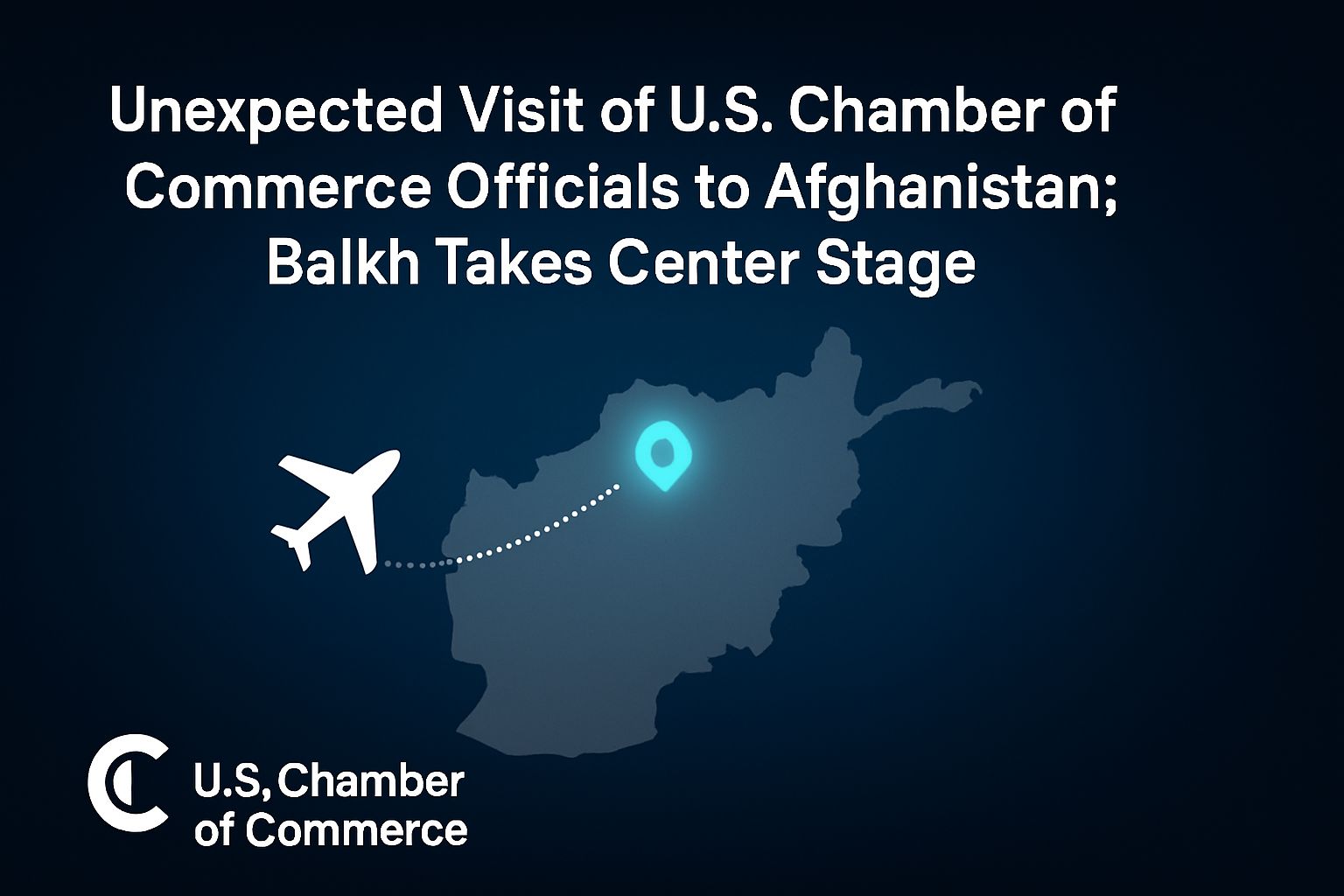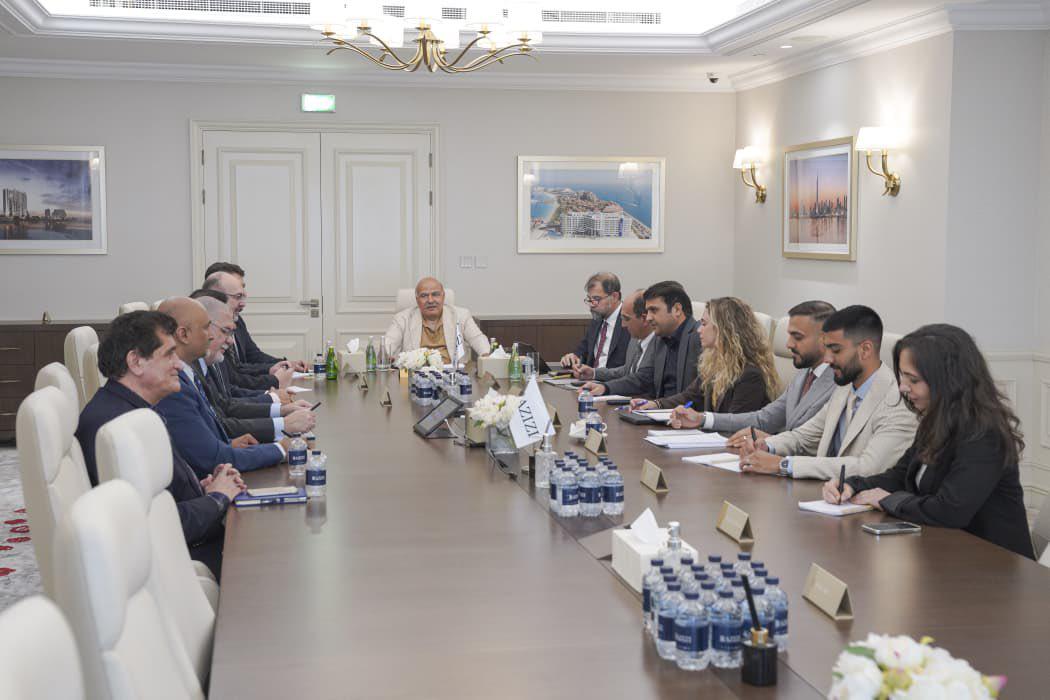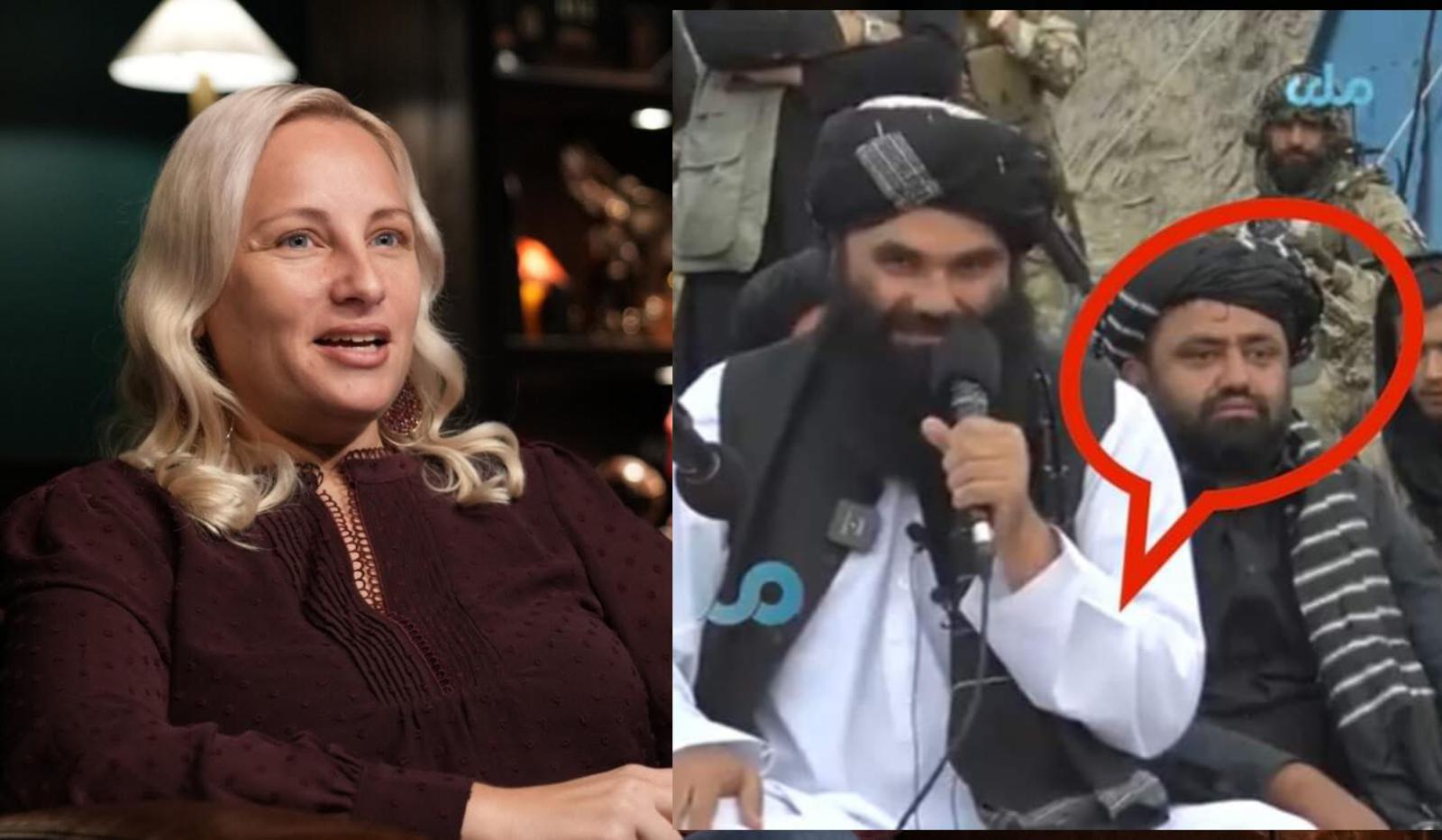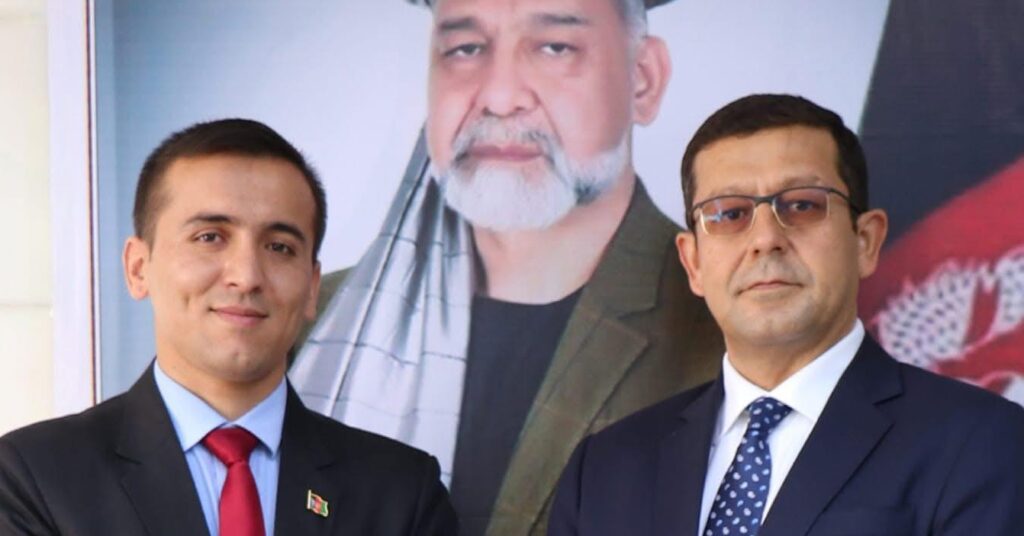
The head of Ghaznfar Group, who once served in the anti-Taliban government and at the same time owes billions of Afghanis to that very system, appears to have such faith in Taliban courts that instead of answering a journalist’s questions, he simply wrote that the courts are functioning and those with complaints can file them.
Ghaznfar Group, one of the largest private and multinational companies operating in Afghanistan, with more than $100 million in overdue debt to the state, has once again come under the spotlight of media and public opinion. In 2007, the company received $65 million in fuel aid from the Government of Japan to stabilize fuel prices in the market. This amount was to be returned to the Ministry of Finance by 2008, but to date, the debt has not been repaid.
History of the $65 Million Japanese Aid Debt and Corruption Allegations
According to official documents published on September 7, 2020, by Hojatullah Khordmand, Deputy Secretary of the House of Representatives, Ghaznfar Group, led by the late Mohammad Yousuf Ghaznfar, allegedly used “deception” and the creation of three shell companies — Rana Khosrow, Zamary Sami, and Ferdowsi Balkh — to obtain the $65 million in Japanese government aid from the Ministry of Finance for the purpose of stabilizing fuel prices.
Per the agreement, the funds were to circulate in the market and ultimately be returned to the Ministry of Finance. However, this never occurred, and nearly 12 years later, the Japanese aid money given to Afghanistan has still not been repaid.
Under the terms of the contract, if repayment was not made on time, the company was obligated to pay an additional 18% penalty on top of the principal amount. As a result, Ghaznfar Group’s debt now exceeds $100 million (approximately seven billion Afghanis).
Economic Activities and Investment Announcements in 2020
On June 18, 2020, the Ministry of Finance announced that Ghaznfar Group, in partnership with the International Finance Corporation (IFC) — a member of the World Bank Group — intended to invest $89 million in a gas-to-power project in Mazar-i-Sharif. The project aimed to increase the country’s electricity generation capacity by 30% and distribute power to Balkh, Kabul, and Nangarhar provinces. According to the announcement at that time, the project was scheduled to be operational by mid-2022.
Current Status of the Mazar-i-Sharif Gas Power Project in 2025
Despite the promises and announcement of significant investment, field reports and credible sources indicate that by 2025, the project still has not received its turbines and core equipment, and implementation has been delayed. This has raised serious concerns about the fulfillment of commitments and the effective use of financial resources in Afghanistan.
Reactions and Statements from Esmail Ghaznfar
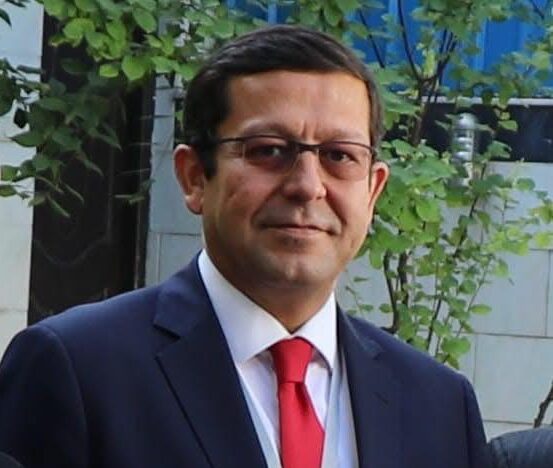
Esmail Ghaznfar, head of Ghaznfar Group and a former member of the High Peace Council during the Republic era, when asked about the company’s outstanding debt, instead of offering a transparent explanation, referred the Arg Times journalist to the “Taliban courts.” In his written response, he stated:
“The courts are functioning. Please go and file a complaint, anyone who has such claims.”
This short reply, without further clarification, came at a time when Afghans are demanding transparency and accountability over large public debts, and when referring to Taliban courts — a regime that took power four years ago — has sparked widespread negative reactions.
In his letter, Esmail Ghaznfar also emphasized his family’s century-long business history, stating that their commercial activities are independent of political conditions and aimed at “strengthening the country’s economic infrastructure and creating public-benefit projects.”
Key Questions Raised by This Case
How can a company with billion-Afghani debt to the state still secure major projects and international financial support?
What role do oversight and judicial bodies play in pursuing these debts and preventing corruption?
Can participation in national projects serve as a means to repay debts and restore credibility?
How can the rights of the Afghan people and state be safeguarded in the country’s complex political and social environment?
Should Ghaznfar Group be placed on financial sanctions lists?
Ghaznfar Group represents the complex intersection of commerce, politics, and justice in Afghanistan — where massive outstanding debts, high-profile investments, and controversial responses to criticism all converge at a critical historical and political moment. This case not only highlights the country’s economic challenges but also serves as a reminder of the urgent need for transparency, accountability, and better management of public resources
Author: Nusrat Parsa

